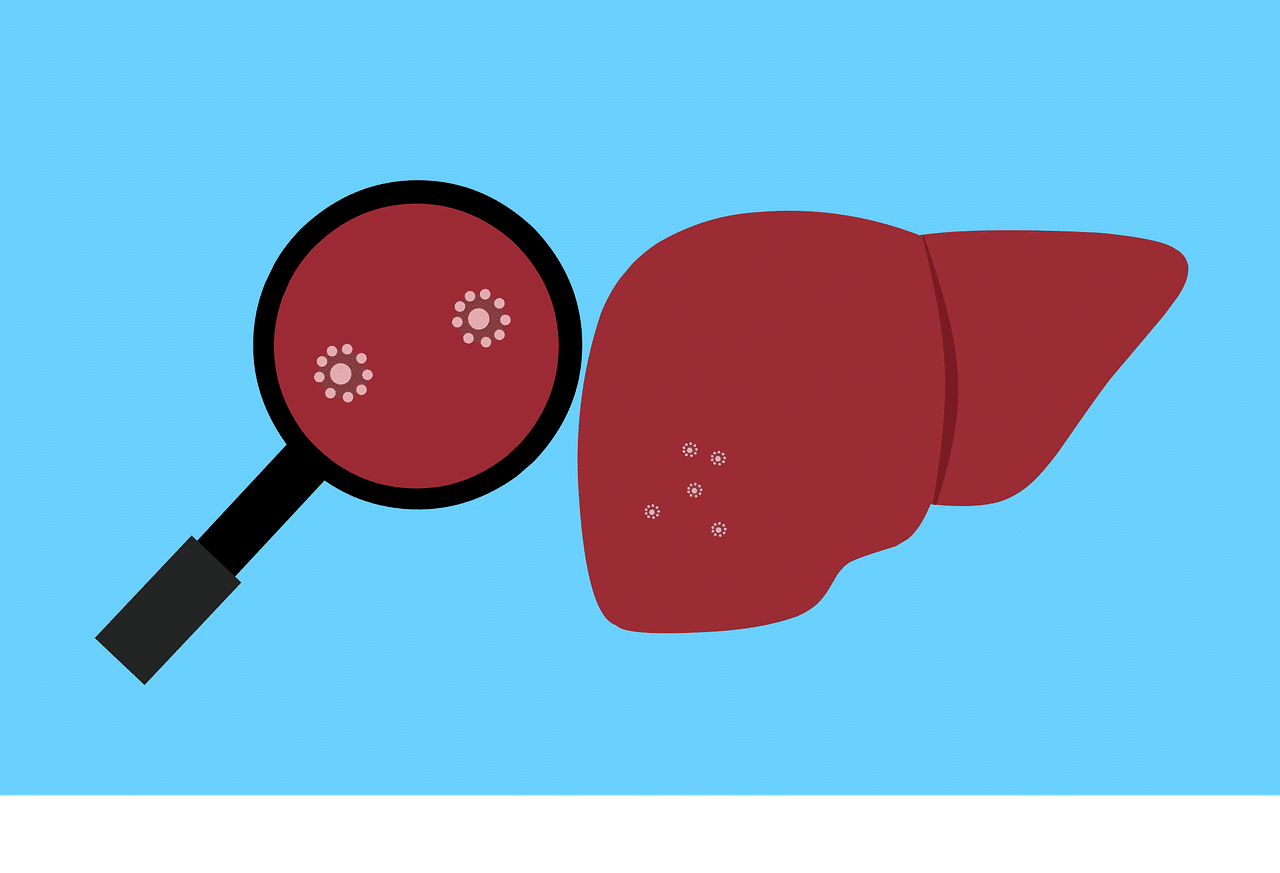Researchers have come up with a breakthrough test to identify brain damage in newborns based on the oxygen deprivation at the time of their birth. With this test, the neuro disabilities such as cerebral palsy as well epilepsy’s risk can be reduced.
Right now, only the prototype test is developed which searches for specific genes in the blood which are associated with gradually developing neurological conditions. There is a requirement for a more detailed study to find targets that could treat this damage before it shapes into a permanent, lifelong disease.
Also read- Children Show Signs Of Early Brain Aging if They Experience Trauma
The research team which has worked on this project is from the Imperial College London. They collaborated with other research partners in India, Italy, and the USA for this study. The complete study findings are published in the journal Scientific Reports.
The data was taken from the Indian hospitals where the annual cases of birth asphyxia are reported to be 0.5-1.0 million. Birth asphyxia is a condition where the body has low oxygen content at the time of birth. This unavailability of oxygen is caused by a number of factors for example mother’s oxygen saturation levels, blood infections, and other complications especially involving umbilical cord at the time of birth.
The lack of oxygen at the time of birth can result in brain damage and injury which is typically developed in a few months after the delivery. It could show up as a number of neurological disabilities such as epilepsy, blindness, cerebral palsy, deafness, etc.
As these symptoms appear months later, it is hard to determine which newborns will get these diseases. Due to this, most infants receive delayed treatment which not only affects the quality of their treatment but also lowers the chance of complete recovery. In the worst cases, they have to live with these neurological disabilities for the whole life.
This study particularly aims to identify brain damage in newborns so that their condition is managed before they become untreatable. In this preliminary study, 45 newborns who experienced birth asphyxia were examined for the specific genes that could predict neuro disabilities.
The blood samples taken from these newborns within a few hours after delivery were sent to analysis and these babies were followed up for up to 18 months to determine if they develop any disability.
There were a total number of 855 genes that were somewhat different and two of them showed maximum variation. Going through these two genes, knowing their expression in the cells and their link with low oxygen saturation suggests disrupting these genes to improve their expression. In short, changing these genes on the basis of this new blood test to predict brain damage in newborns can save all these babies from these lifelong neurological disabilities.
Also read- Coronavirus US cases Are Rising Because People Refuse to Believe Science
Dr. Paolo Montaldo from Imperial College’s Centre for Perinatal Neuroscience is the lead author of this research. He says that early interventions like these are extremely helpful to save babies from the worst outcomes in later years.
Results obtained from this blood test will help the researchers to look into the progression of the disease at a genetic level which is directly related to brain damage. It will also allow us to design therapeutic plans to improvise the standard treatment plans for these neurological disabilities.
The low oxygen level is common in lower-income countries and this risk is not the same in higher-income countries. Some countries use hypothermia on newborns by exposing them to cooler temperatures for saving them from brain damage. However it is not a highly efficient method and it may also invite other health-related problems, so accurate medical techniques are still needed to prevent disabilities.


